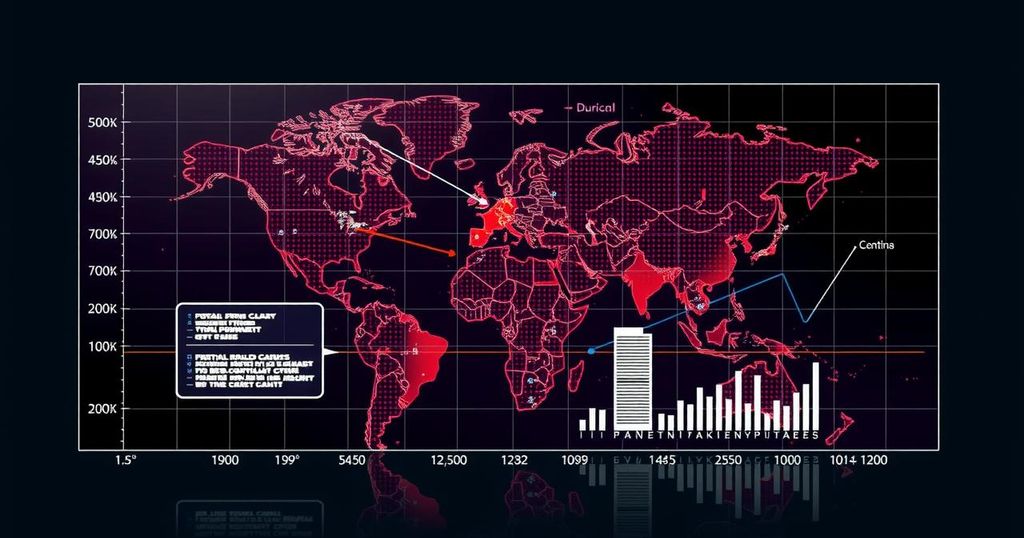Inspur Electronic Information Industry Co., Ltd. has 54% of its ownership by individual investors, with private companies holding 32% and institutions at 13%. The top 25 shareholders control 43% of the shares, indicating fragmented ownership. Individual shareholders can influence key corporate decisions, while the institutional presence signals some level of analyst endorsement. The complex ownership structure merits careful consideration for potential investors.
Inspur Electronic Information Industry Co., Ltd. (SZSE:000977) demonstrates a diverse ownership structure, prominently featuring individual investors who hold 54% of the company’s shares. This significant proportion reflects the influence of the general public on major corporate decisions, including executive compensation and dividend policies. In contrast, private companies own 32% of the company, highlighting a pronounced presence of non-public stakeholders in the shareholder landscape. Institutional investors possess 13% of the stock, indicating a level of endorsement from professional entities. However, it is crucial to note that the top 25 shareholders collectively hold only 43% of the shares, suggesting a fragmented ownership environment where no single entity has overriding control.
Inspur Electronic Information Industry Co., Ltd. operates in the tech hardware sector and is listed on the Shenzhen Stock Exchange. Analyzing the ownership breakdown provides insight into the potential influences on the company’s strategic direction and decision-making processes. The substantial share held by individual investors indicates that they are a primary stakeholder group, capable of exerting notable impact on governance. Furthermore, understanding the role of various types of shareholders is vital for assessing potential risks and the overall stability of the company’s management and operational strategies.
The ownership structure of Inspur Electronic Information Industry reveals a significant degree of influence from individual investors, who collectively own 54% of the company, while private companies account for 32% of the shares. Institutional investors contribute 13%. This diverse ownership raises important implications regarding decision-making dynamics and stability in governance. Potential investors should consider these factors along with the company’s earnings history, analyst forecasts, and any existing warning signs prior to making investment decisions.
Original Source: simplywall.st

Leave a Reply